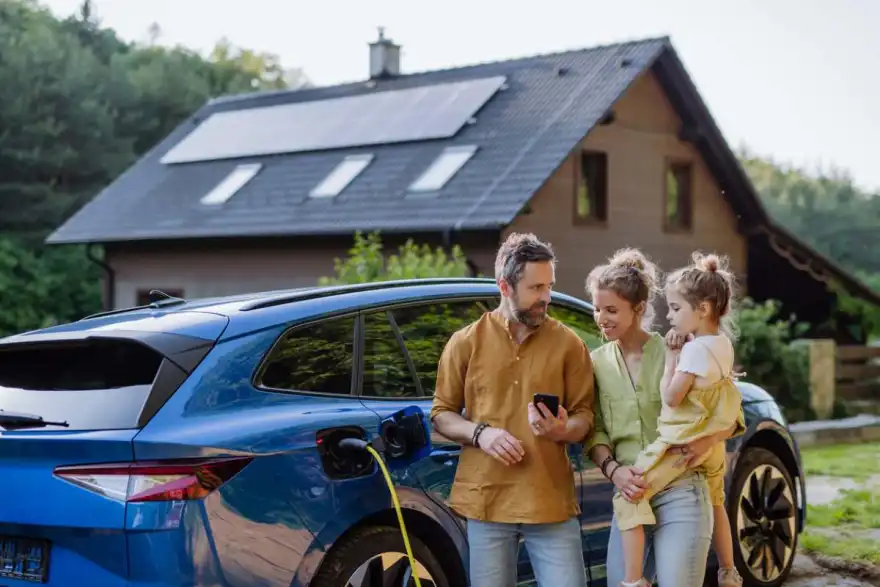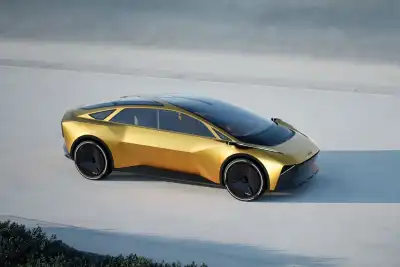
The UK must take urgent action to address what some experts are calling the worst electric vehicle crisis to date, as many drivers continue to resist switching to EVs.
The new Labour Government's ambitious targets for zero-emission vehicle sales are in jeopardy, with experts warning that these goals may be unattainable. The push for net-zero emissions by 2050 requires that all new cars sold be electric by 2030, but this goal seems increasingly out of reach.
Matt Galvin, UK managing director of Swedish carmaker Polestar, has been highly critical of the UK’s approach, calling it the least incentivised market in Europe for electric car adoption. “The UK is the worst, make no bones about it—it’s a fact,” Galvin said, lamenting the lack of government support for customers transitioning to electric vehicles.
As part of its zero-emission vehicle (ZEV) mandate, the Government aims for 80% of new cars and 70% of new vans sold in the UK to have zero emissions by 2030, with full compliance expected by 2035. Manufacturers are required to meet targets, with penalties imposed on those who fall short. By 2024, at least 22% of cars and 10% of vans sold must be zero-emission, rising to 28% and 16% in 2025. However, recent figures from the Society of Motor Manufacturers and Traders (SMMT) show that only 17.2% of cars sold in 2023 were battery electric.
Though some manufacturers may face penalties for missing targets, temporary workarounds are available, such as borrowing from future ZEV sales or buying credits from other companies. As a fully electric brand, Polestar could benefit from selling credits to other automakers. Despite this, the company has seen a 50% drop in year-on-year sales for 2024, according to the Independent.
Galvin criticised the ZEV mandate for distorting the market, arguing that while customers will transition to electric cars when they are ready and properly incentivised, the responsibility should not rest entirely on car manufacturers. “What we’re missing right now is government support to ease the transition,” he said. “We need carrots, not just sticks.”
Car manufacturers are already offering significant incentives, such as zero-percent financing, free home chargers, and deep discounts. Polestar is among those companies offering these deals on its latest models.
“We’re doing our part, and I think it’s time for the government to step up and do theirs,” Galvin added, calling for bold measures to stimulate demand. He suggested a temporary suspension of VAT on new electric cars and pointed to the Netherlands’ €2,000 subsidy for used EVs as a model the UK could follow.
Galvin also emphasised the need for clarity regarding the 2030 ban on petrol and diesel cars, particularly when it comes to hybrid vehicles. He urged the Government to provide clear guidance and robust incentives to help consumers make the shift to electric.


